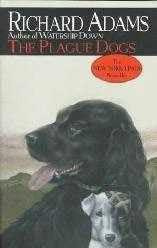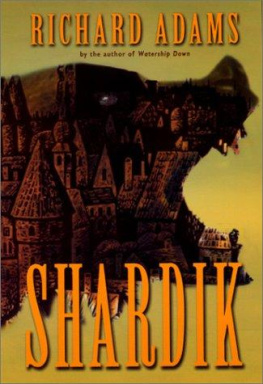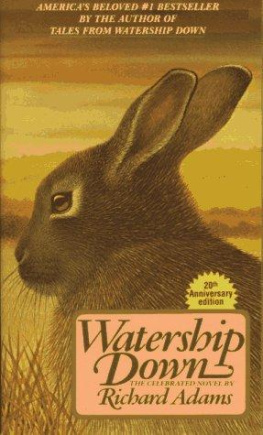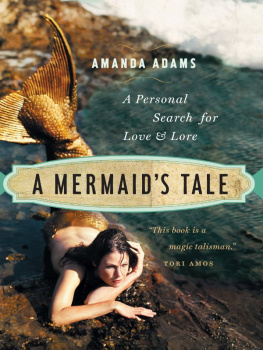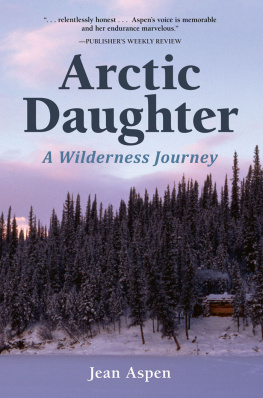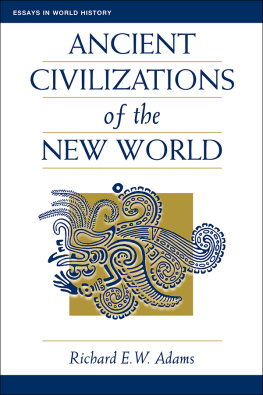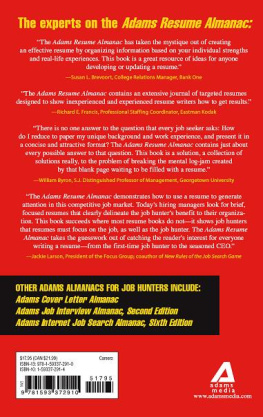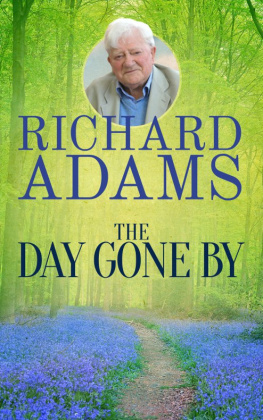Richard Adams - The Plague Dogs
Here you can read online Richard Adams - The Plague Dogs full text of the book (entire story) in english for free. Download pdf and epub, get meaning, cover and reviews about this ebook. year: 1986, publisher: Fawcett Crest, genre: Art / Prose. Description of the work, (preface) as well as reviews are available. Best literature library LitArk.com created for fans of good reading and offers a wide selection of genres:
Romance novel
Science fiction
Adventure
Detective
Science
History
Home and family
Prose
Art
Politics
Computer
Non-fiction
Religion
Business
Children
Humor
Choose a favorite category and find really read worthwhile books. Enjoy immersion in the world of imagination, feel the emotions of the characters or learn something new for yourself, make an fascinating discovery.
- Book:The Plague Dogs
- Author:
- Publisher:Fawcett Crest
- Genre:
- Year:1986
- Rating:3 / 5
- Favourites:Add to favourites
- Your mark:
- 60
- 1
- 2
- 3
- 4
- 5
The Plague Dogs: summary, description and annotation
We offer to read an annotation, description, summary or preface (depends on what the author of the book "The Plague Dogs" wrote himself). If you haven't found the necessary information about the book — write in the comments, we will try to find it.
Richard Adams: author's other books
Who wrote The Plague Dogs? Find out the surname, the name of the author of the book and a list of all author's works by series.
The Plague Dogs — read online for free the complete book (whole text) full work
Below is the text of the book, divided by pages. System saving the place of the last page read, allows you to conveniently read the book "The Plague Dogs" online for free, without having to search again every time where you left off. Put a bookmark, and you can go to the page where you finished reading at any time.
Font size:
Interval:
Bookmark:
THE PLAGUE DOGS
By Richard Adams
To Elizabeth, with whom I first discovered the Lake District QUEEN : I will try the forces Of these thy compounds on such creatures as We count not worth the hanging, but none human...
CORNELIUS : Your Highness shall from this practice but make hard your heart.
Shakespeare, Cymbeline
There is in this passage nothing that much requires a note, yet I cannot forbear to push it forward into observation. The thought would probably have been more amplified, had our author lived to be shocked with such experiments as have been published in later times, by a race of men that have practised tortures without pity, and related them without shame, and are yet suffered to erect their heads among human beings.
Dr. Johnson
To My American
In 1715, when the Scotch Jacobites rose against the newly crowned English King George I, the citizens of Newcastle-upon-Tyne, near the English-Scotch border, shut the city's gates against the southward-moving rebels, thus contributing to their defeat. The disgruntled rebels nicknamed them "Geordies"
(the North Country pronunciation of "Georgie") and this became the term for any inhabitant of Tyneside, or of Northumberland and Durham generally, as well as for the dialect spoken there.
Of all dialects spoken in the British Isles, Geordie, to a foreign visitor, is the hardest to understand. Listen to Tyneside working-men talking among themselves and in all probability you'll understand hardly a word. This is largely because, as recently as a thousand years ago, this area of Englandthe Scottish borderformed part of the Danish Viking realm. Many Geordie words (e. g., hyem, meaning home) are Scandinavian, and several are entirely different from their English counterparts. (E. g., hoy = throw; dartsmud, dirt; lumchimney etc.) It is almost another language.
In this book the "tod" (fox), who is a wanderer, speaks Upper Tyneside, a rural form of Geordie, in contradistinction to the farmers and other inhabitants of Dunnerdale and Coniston in the Lake District (where the story takes place), who speak North Lancashire (an easier dialect to understand). In view of the formidable problems, for Americans, of understanding Geordie, even on the printed page, the tod's speech has been a good deal simplified in this American edition. However, to alter it entirely would have been to take much of the salt out of the tod's talk and character. Several Geordie words have therefore been retained. The following is a list of those not likely to be readily comprehensible to American readers.
(ID Asset!: A common exclamation of emphasis, roughly equivalent to "Oh, boy!" or "I'm here to tell you!"
By: Another common exclamation of emphasis. E. g., "By, I'll tell thee it were cold!" This is simply an oath with the oath left out, e. g., "By (God!)," much as Americans sometimes tone down
"goddam" to, e. g., "golddurn."
Canny: A much-used adjective, with many meanings. Clever, courageous (e. g., "canny lad").
Useful, welcome, helpful (e. g., "a canny drop of rain"). Careful (e. g., "Ca' canny"take care).
Numerous (e. g., "a canny few sheep"), etc.
Clogged: Fastened.
Fash: Trouble, upset (verb), e. g., "Dinna fash yersel' "don't upset yourself.
Femmer: Faint-hearted, lacking in energy, courage, or drive.
Fyeul: Fool.
Haddaway!: Go away! Get away! Equivalent to "Get the hell out of it!" but also used figuratively, as equivalent to "What rubbish!" E. g., "Haddaway, ye fond fyeul!"
Hause: The neck or dip of lower-lying land between two peaks in a range; the "band" (as they sometimes call it) connecting one hilltop and the next.
Hemmel: Shed.
Hinny (also marrer): Geordie contains several words meaning mate or friend, and these are used constantly in colloquial speech. In conversation, a Geordie continually addresses almost anyone (not only personal friends) as "lad,"
"hinny," or "marrer. " E. g., "Why ay, hinny" = "Yes, of course, my friend."
"What fettle the day, marrer?" = "How are you today, pal?" Interestingly, one of these many
"pal" terms is "butty," which crossed the Atlantic and has become the American "buddy."
Woo; How.
Howwayl: A gentler form of Haddaway! Haddaway! is critical, even derisive. It means "You go away!" (not me). Howway, though it can certainly be used sharply, means no more than "Let's go!" (i.
e., you and I). Also a jovial greeting. When President Carter landed at Newcastle-upon-Tyne in May 1977, his first words to the waiting Geordie crowd were "Howway, tha lads!" (i. e., "How are you, lads?"). Naturally, they were delighted.
Hyem: Home.
Lonnin (really fanning, but in Geordie ultimate g's are elided): An unmade lane leading from a farm to the nearest road. A lonnin may be anything from a few yards to half a mile long, or more.
Lugs: Ears. (As in "Wind? By, sennuf te blaa yer lugs off!") Marrer: See Hinny, above.
Mazer; One who amazes; a winner, a smasher. A common term of praise and commendation. E.
g., "Yon Raquel Welchby, mind, she's weel-stacked, a reet mazer!" fleet: Night.
Noo: Now.
Reet: Right.
W9 (sometimes wuh): We.
Weel: Well.
Whin: Gorse. A large, gold-flowering bush, growing wild and often profusely on waste land. It is covered with very sharp thorns, and a thicket of gorse is virtually impenetrable to humans and to larger animals. A fugitive fox, dog, cat, etc., may well leave traces "clagged to the whin."
Won Our.
You?: Ewe, a female sheep.
'Twos such a shifter, that if truth were known,
Death was half glad when he had got him down.
Preface
The entry to the Seathwaite coppermine shaft was blocked up some years ago, though the cavern at Brown Haw is still open. Otherwise the topography of the story is, to the best of my knowledge, correct.
The place-names are those in use by local people, and in the few cases where these differ from the names printed on maps, I have preferred local use. Thus the story speaks of "Wreynus," not
"Wrynose" Pass, of "Bootterilket" rather than "Brotherilkeld" and of "Low Door" rather than "Lodore."
(The poet Southey romanticised the spelling of what is, surely, a local name in plain English.) Similarly, words like lonnin and getherin are spelt phonetically, since no Lakelander would speak of a "loaning" or of "gathering sheep." The old genitive (see, e.g., King Lear, I, iv:216-17) is commonly used throughout the Lakeland, not having been superseded by the modern its.
In effect, nearly all the pleasant people in the book are real, while all the unpleasant people are not. For example, Dr. Boycott, Digby Driver, Ann Moss and the Under Secretary are fictitious and bear no resemblance to anyone known to me. But Dennis Williamson, Robert Lindsay, Jack and Mary Longmire, Phyllis and Vera Dawson and several other inhabitants of Seathwaite and the surrounding neighbourhood are as real as Scafell Pike, though fortunately neither Dennis nor Robert has ever had to contend in reality with the activities of Rowf, nor has Phyllis Dawson ever found him in her yard at dawn.
The story is in one respect idealised. Things change. Jack and Mary Longmire are no longer to be found at the Newfield. Tough old Bill Routledge of Long House is dead (a loss to the valley which recalled vividly Milton's lines on Hobson, the university carrier, Gerald Gray has been gone some time now from Broughton, though the "Manor" is still there; and Roy Greenwood has moved on from the parsonage at Ulpha. John Awdry was, indeed, a brave parachutist, but long ago, in the Second World War.
There never was, in fact, a time when all these people were to be found doing their thing simultaneously. I have simply included them in the story as they are best remembered.
There is no such place in the Lake District as Animal Research (Scientific and Experimental). In reality, no single testing or experimental station would cover so wide a range of work as Animal Research. However, every "experiment" described is one which has actually been carried out on animals somewhere. In this connection I acknowledge in particular my debt to two books: Victims of Science by Richard Ryder, and Animal Liberation by Peter Singer.
Next pageFont size:
Interval:
Bookmark:
Similar books «The Plague Dogs»
Look at similar books to The Plague Dogs. We have selected literature similar in name and meaning in the hope of providing readers with more options to find new, interesting, not yet read works.
Discussion, reviews of the book The Plague Dogs and just readers' own opinions. Leave your comments, write what you think about the work, its meaning or the main characters. Specify what exactly you liked and what you didn't like, and why you think so.

